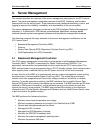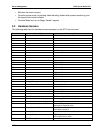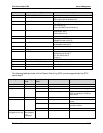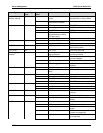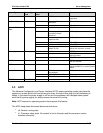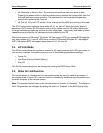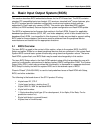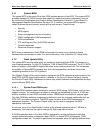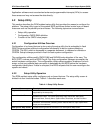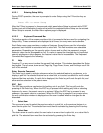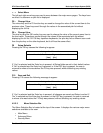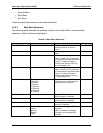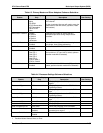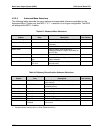
STL2 Server Board TPS Basic Input Output System (BIOS)
Revision 1.0 4-29
4. Basic Input Output System (BIOS)
This section describes BIOS embedded software for the STL2 board set. The BIOS contains
standard PC-compatible basic input/output (I/O) services, standard Intel
®
server features, plus
the STL2 system-specific hardware configuration routines and register default settings,
embedded in Flash read-only memory (ROM). This section also describes BIOS support
utilities (not ROM-resident) that are required for system configuration and flash ROM update.
The BIOS is implemented as firmware that resides in the flash ROM. Support for applicable
baseboard peripheral devices (SCSI, NIC, and video adapters), which is also loaded into the
baseboard flash ROM, is not specified in this document. Hooks are provided to support adding
BIOS code for these adapters; the binaries must be obtained from the peripheral device
manufacturers and loaded into the appropriate locations.
4.1 BIOS Overview
The term BIOS, as used in the context of this section, refers to the system BIOS, the BIOS
Setup and option ROMs for on-board peripheral devices that are contained in the system flash.
System BIOS controls basic system functionality using stored configuration values. The terms
flash ROM, system flash, and BIOS flash may be used interchangeably in this section.
The term BIOS Setup refers to the flash ROM-resident setup utility that provides the user with
control of configuration values stored in battery-backed CMOS configuration RAM. The System
Setup Utility (SSU), which also provides this functionality, is discussed in a separate document.
BIOS Setup is closely tied with the system BIOS and is considered a part of BIOS.
Phoenix Phlash* (PHLASH.EXE) is used to load predefined areas of flash ROM with Setup,
BIOS, and other code/data.
The following is the break-down of the STL2 product ID string:
•
4 byte board ID, ‘STL2’
•
1 byte board revision, starting from ‘0’
•
3 byte OEM ID, ‘86B’ for standard BIOS
•
4 byte build number
•
1-3 byte describing build type (D for development, A for Alpha, B for Beta, Pxx for
production version xx)
•
6 byte build date in yymmdd format
•
4 bytes time in hhmm format





